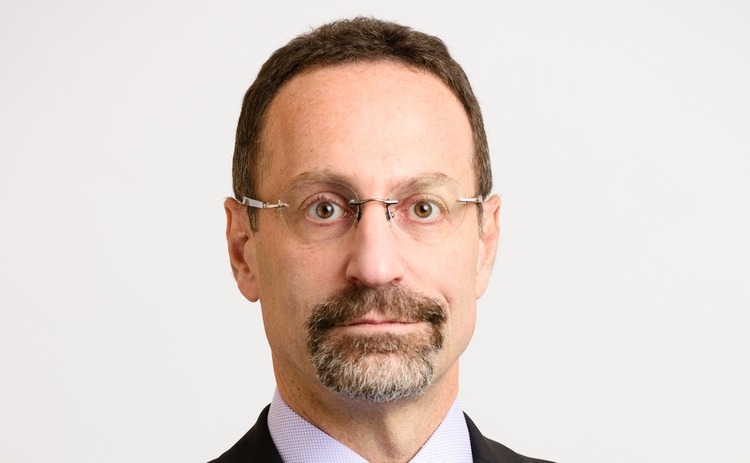Three factors – an increased reliance on technology, heightened cyber-threat activity and gaps in insurance cover, drive the need for specialist cyber coverage for ports and terminals. That need is now met by CyNav for Ports and Terminals, a new cyber solution from WTW (NASDAQ: WTW), a leading global advisory, broking, and solutions company.
CyNav for Ports and Terminals is designed to address the specific cyber threats faced by port and terminal owners and operators. It provides both flexible and tailored cover for business interruption losses including those arising from IT service providers, first- and third-party property damage, wrongful delivery of cargo, regulatory actions and crisis management expenses.
Ben Abraham, CEO global marine at WTW said: “Financial and reputational cyber risk can pose a real threat to port and terminal owners and operators. From listening to and understanding the challenges faced by this sector we developed CyNav for Ports and Terminals. This cyber solution – complemented by the development of the WTW Ports and Terminals Risk Forum, highlights how our global marine expertise delivers strategic solutions across the maritime industry.”
Glyn Thoms, head of FINEX cyber (GB) at WTW said: “Cyber risks have a different profile depending on the industry sector. We are delighted to launch CyNav for Ports and Terminals, which illustrates WTW’s commitment to delivering solutions that are designed to meet the needs of specific industry sectors. The combined efforts of WTW’s ports and terminals and cyber teams have enabled us to develop a solution which responds to the risks and concerns that ports and terminals now face in a time of great technological and regulatory change for the industry.”
CyNav for Ports and Terminals is flexible to match each client’s needs, simple to understand and designed by cyber and marine specialists to address the specific challenges faced by the industry. As critical infrastructure, ultimately CyNav protects ports and terminals supporting the continuance of world trade and its global supply chain.
Source: Globe Newswire









